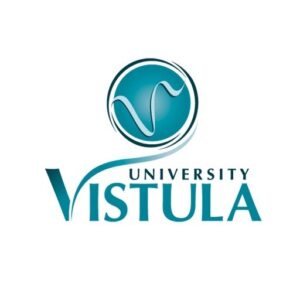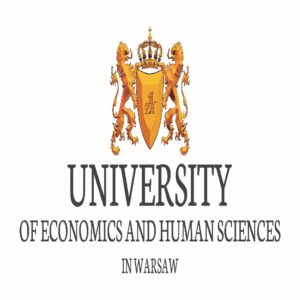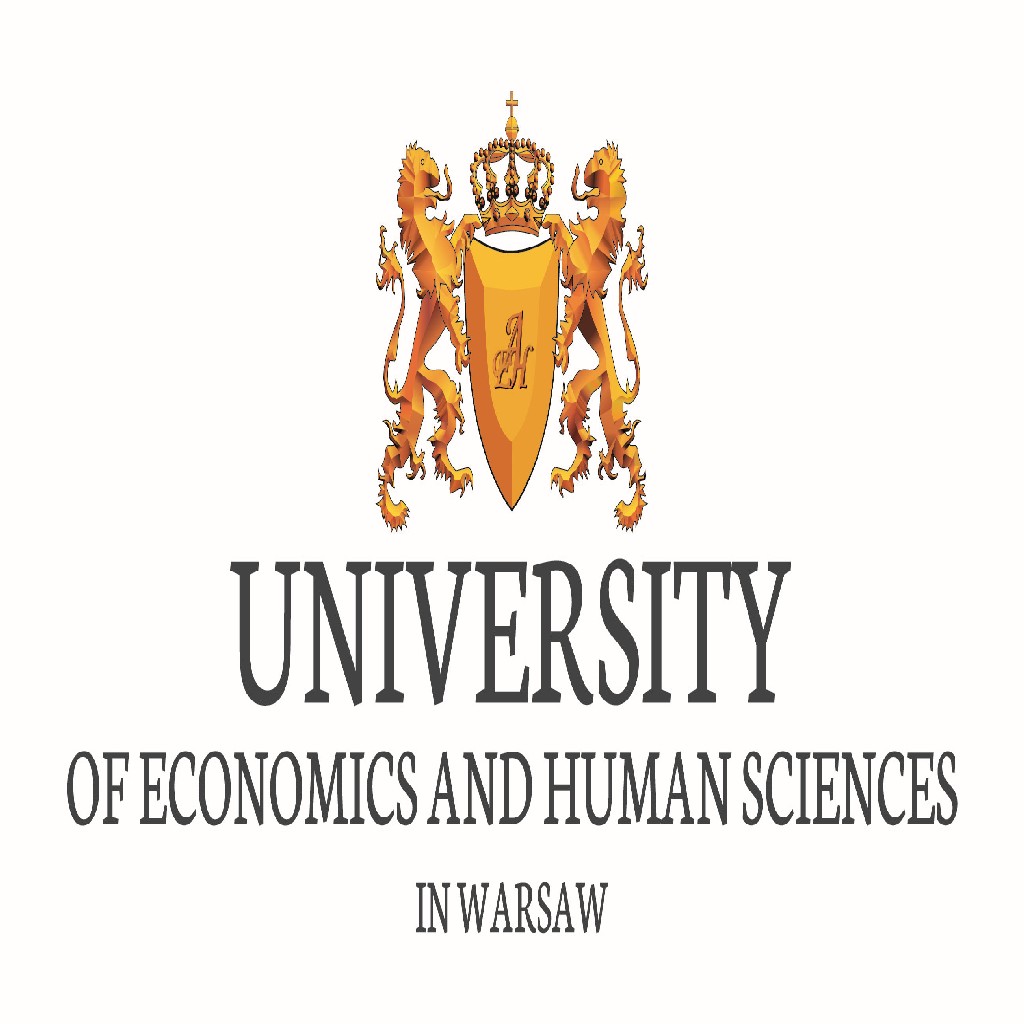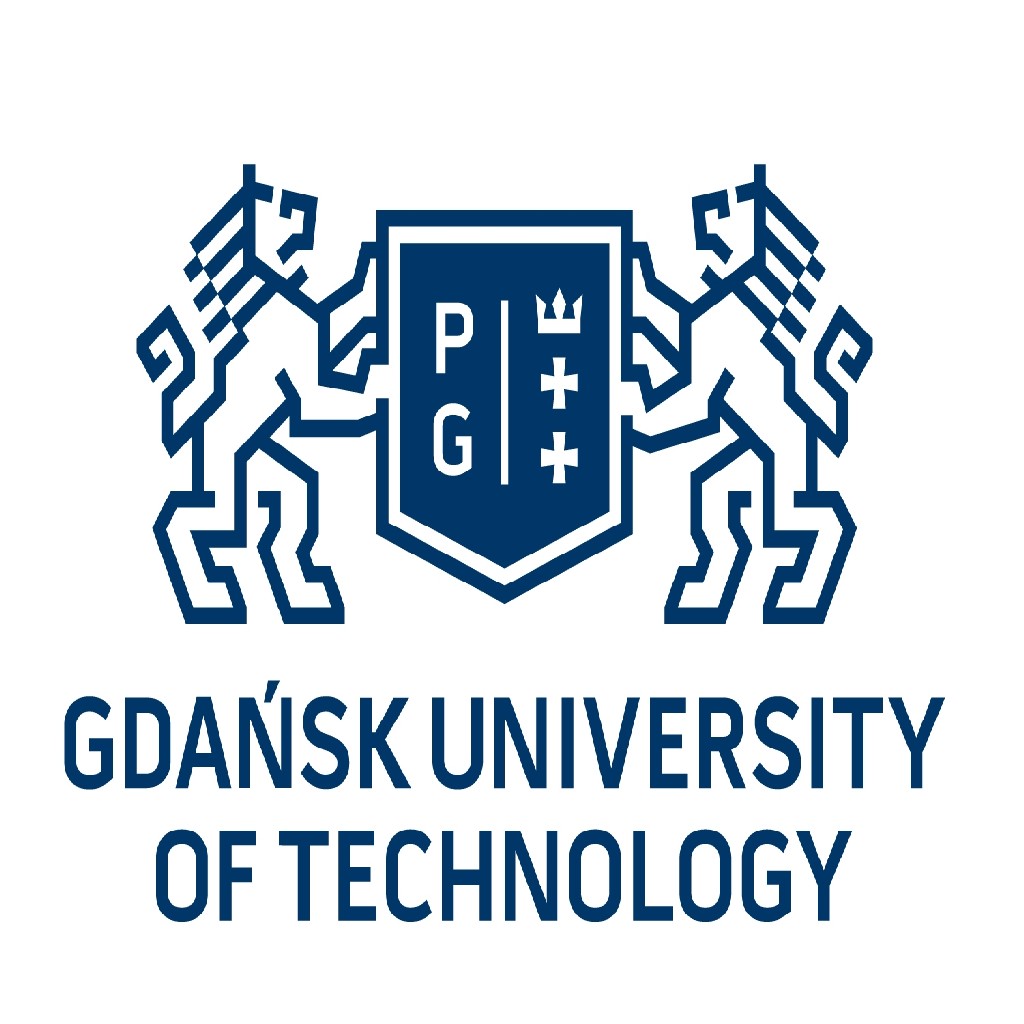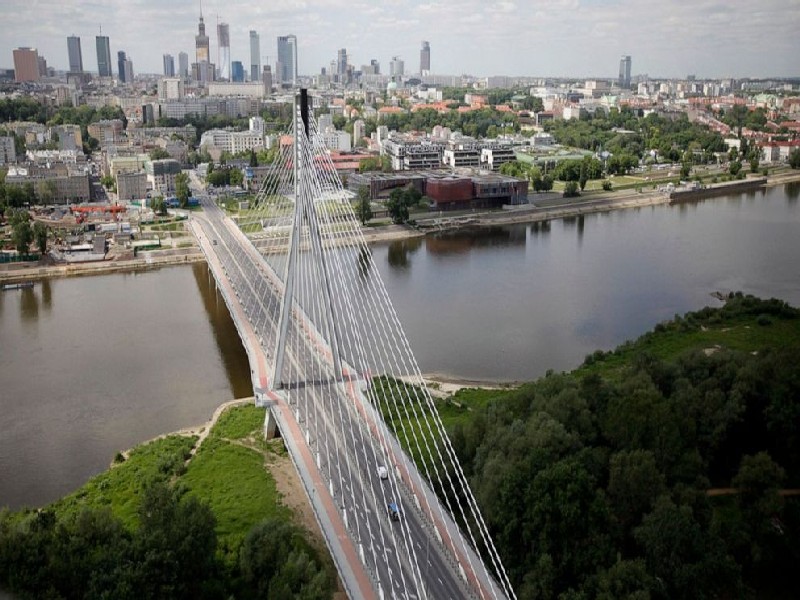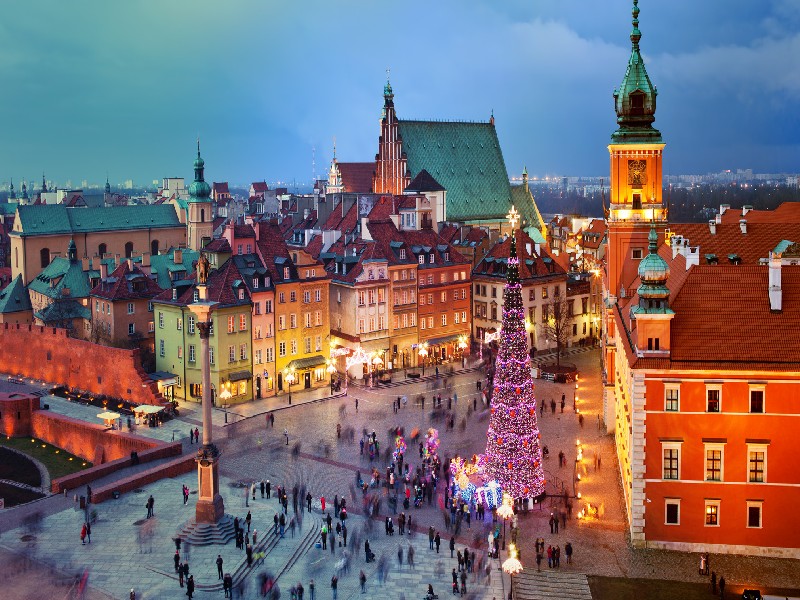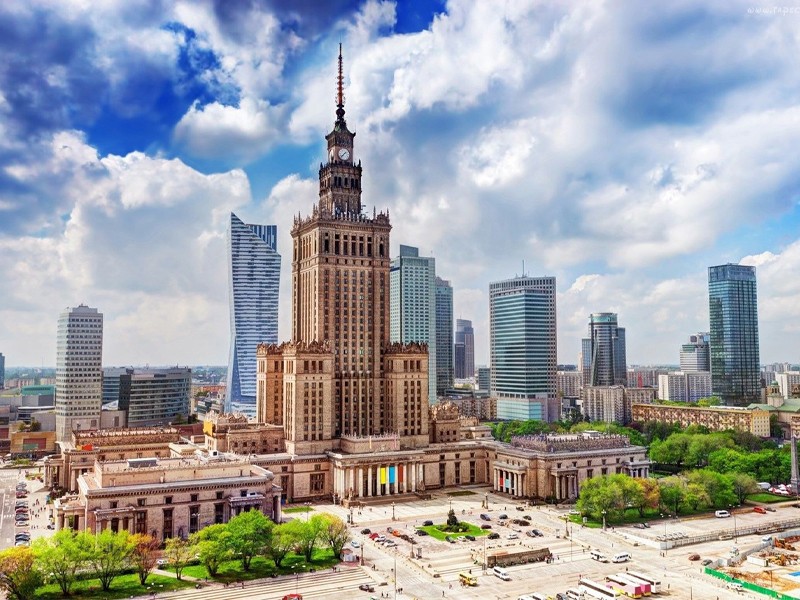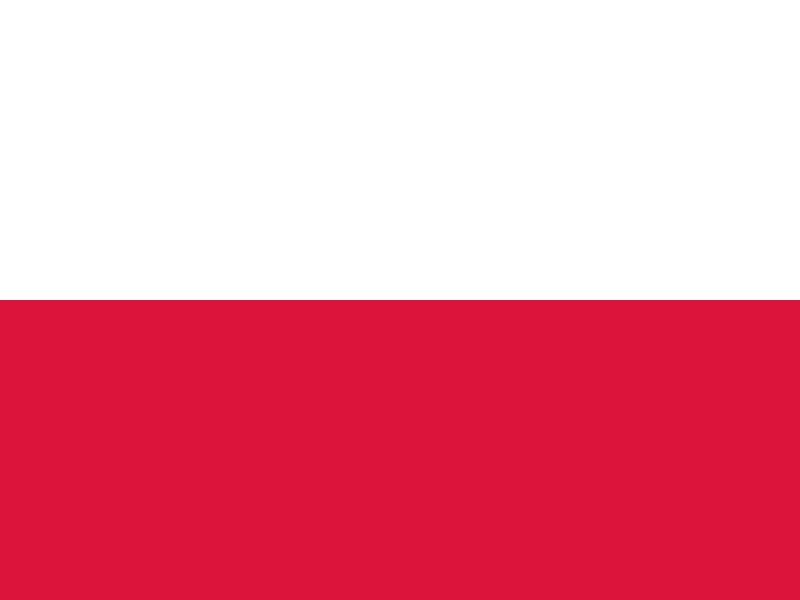
Poland
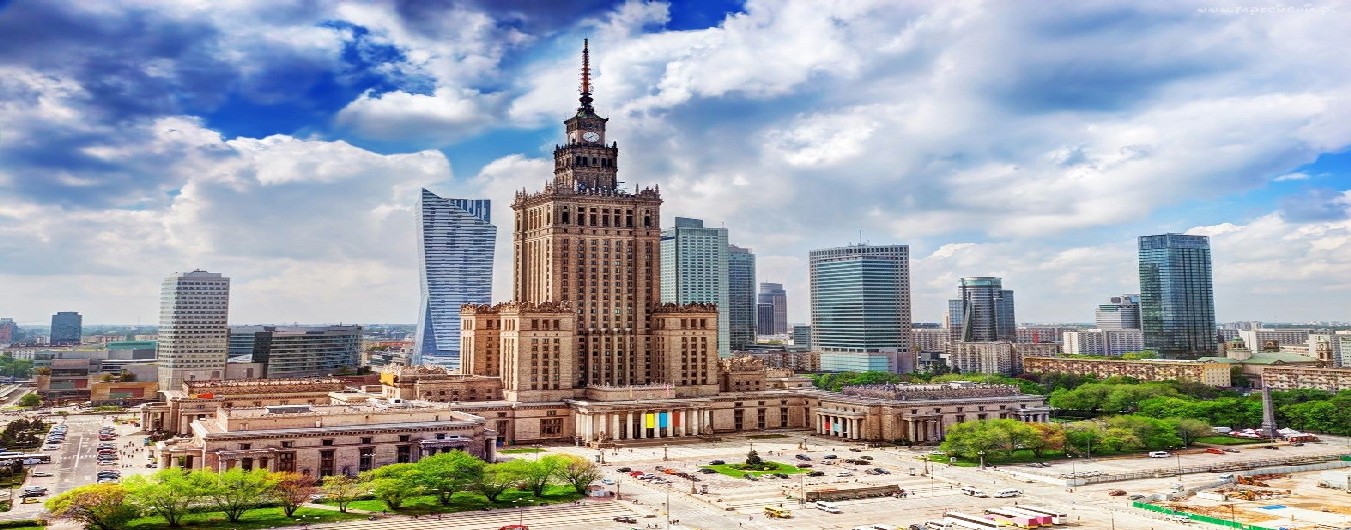
Start your education career with us.
Poland is located at the heart of the European continent.
Poland is located at the heart of the European continent. The country is a meeting place not only for cultures and ideas, but also for conflict and confrontation.
Poland's borders have changed many times over the centuries. Its present borders were set after World War II ended in 1945. Poland has seven neighbors: Germany, Slovakia, the Czech Republic, Lithuania, Belarus, Ukraine, and Russian Kaliningrad.
Poland has a variety of striking landscapes, from the sandy beaches of the Baltic Sea coast in the north and the rolling central lowlands to the snowcapped peaks of the Carpathian and Sudeten Mountains in the south. Poland has more than 1,300 lakes throughout the country.
FAST FACTS
- OFFICIAL NAME: Republic of Poland
- FORM OF GOVERNMENT: Republic
- CAPITAL: Warsaw
- POPULATION: 38,420,687
- OFFICIAL LANGUAGE: Polish
- MONEY: Zloty
- AREA: 120,728 square miles (312,685 square kilometers)
- MAJOR MOUNTAIN RANGES: Carpathians, Sudetens
- MAJOR RIVERS: Vistula, Oder
PEOPLE & CULTURE
Religion is a very important part of Polish life. The majority of the population (about 87 percent) is Roman Catholic. In 1978, Cardinal Karol Wojtyla, archbishop of Krakow, became the first-ever Polish pope. He took the name John Paul II and was head of the Catholic Church until his death in 2005.
Work in Poland
Poland needs qualified employees.
Many Polish students work while studying. Foreign students can work part-time. University Career Offices offer professional assistance in finding part-time employment, paid and unpaid internships and help qualified students in finding appropriate employment after the end of studies.
Poland is an economy governed by free-market rules, additionally circumscribed by EU regulations. Current GDP is USD 27,700 and the current purchasing power parity is $1.052 trillion. The inflation rate in June 2017 was -0.8%.
Social and Cultural Life
Poland used to be an ethnically homogeneous place. International students change this: major educational centers of Warsaw, Poznan, Gdansk, Cracow and other are becoming more culturally diverse.
Cultural events in Poland happen daily: concerts, shows, exhibitions, outdoor events and sports events. Sightseeing is excellent. Also, numerous cinemas, restaurants, cafes, recreation and wellness centers are waiting for you.
Living Costs
Living costs in Poland largely depend on the places you study and live in. Metropolitans like Warsaw will always cost you more than living in a rural area. The average cost of living in Poland for international students costs around 500 to 850 Euros a month. There will be differences in the amount on basis your accommodation type, lifestyle and social expenses in the Poland, and this is just an average number.
-
Accommodation
There are two types of accommodations in Poland. The University dorms and the private student dorms. The University dorms are cheaper and of course, closer to the Universities in Poland, but they are limited in numbers. The Private rental apartments have higher standards and higher rents.
Private Rental Apartments for Students : 350 to 400 EUR / Month
On Campus Accommodation : 170 to 200 EUR / Month
-
Food Costs
There are higher accommodation costs of living in Poland for international students in cities like Warsaw. The average rent for one bedroom apartment is 360 to 500 EUR / Month.
Average food costs in Poland for the international student is somewhere around 100 to 150 Euros a month. There are many cheap options available for the groceries that will help you minimize your cost of living in Poland for International student. The restaurants are decently priced, too. A three course meal will cost you around 23 Euros, and the drinks have an average price of 2 Euros.
-
Transportation
The prices of gasoline keep changing, however the average is 1 Euro a liter. If the place students are staying is nearby the University, Poland is a very Pedestrian friendly country. A semester pass from the Universities cost around 50 euros for the semester for the students in Polish Universities.
These are some of the regular costs of living in Poland for international students, and there are some miscellaneous costs of stationary, internet and other costs that will be added, and again, the averages will change basis the places you are staying at.
Poland is a fascinating country that is at the geographical and cultural crossroads of Eastern and Western Europe. Today, there are 140 state (public) higher education institutions and 261 private (non-public) ones. The system divides them into university-type and non-university institutions. The university-type HEI offers at least one doctoral programme.
Students pursue their studies at universities, technical universities and academies from October to February and from February to June.
The first-cycle studies, as per guidelines of the Bologna Process in European higher education, last 3-4 years (180-240 ECTS) and give the student an equivalent of a Bachelor’s degree. The second-cycle studies, i.e. the Master’s degree programme, last 1.5 – 2 years (90-120 ECTS). Master’s degree holders may enter the third cycle studies, the doctoral programme.
Why Study in Poland
Safety: There are various ways a student might be unsafe especially when s/he is thousands of miles away from home. Certain countries may have higher rates of certain kinds of crime which may present a danger to unsuspecting outsiders, while in some certain places there may be too many distractions for a healthy study environment.Poland is a country that scores very high on all counts of safety statistics and in terms of a healthy, clean and green environment in which to live as well. Parents can rest assured that their loved ones will be studying peacefully wherever they may be in Poland.
Quality: On average Poland is one of the best countries in the world in quality of education. This is one of the reasons lots of Polish people are able to find well-paying jobs in other European countries or places like USA, Canada and Australia. Poland’s educational institutions score quite high in international rankings which are indicated in results of PISA exams. But this is true for many European countries. The best country in the world in quality of education is consistently Finland and a number of other European countries follow Finland closely. Poland is one of them with 6 of its universities in the QS World Ranking of 2015-2016.
Cost: This is where Poland separates from the pack. There aren’t many destinations in the world where one can study in English and receive a good education at very affordable rates. Poland gives this opportunity to practically anyone. You don’t have to be rich or even a high achievement student to be accepted by a Polish university. Polish universities emphasize creating opportunities for students over academic rigour, so even with a relaxed attitude school work should be manageable.
A typical student will pay an annual tuition in the range of 2500 – 4500 Euro (around 2800 – 5000 USD). The living cost will also be in the same range. Thus, total tuition and living costs for a year will be in the range of 6000 – 9000 euro depending largely on the student’s spending habits.
Jobs: Poland is the only country in Europe whose economy never stopped growing in the past two decades when many European countries actually got smaller in terms of economic growth. This means Poland has jobs for young people where others don’t. More important than that for international students is Polish government attitude towards them. In some countries local work force is favoured above and beyond an international one but Poland gives opportunities to international students to stay and work after receiving a degree if they wish to do so. But it also lets them work part-time during their studies to support themselves financially and gain professional experience.
When a student arrives Poland he needs no work permit to work part-time or even for a full-time job when school is finished. The simple fact of finishing a Polish university entitles them to sign an employment contract without a work permit. This is a huge advantage for anyone who would like to stay and work in EU.
STEP 1 - Fill in the Application Form
Click for the Application Form
Be sure to upload the required documents to the online application form:
1. Passport copy; 2. High School Diploma and Bachelor Diploma if you have; 3. Sworn translation of High School Diploma into Polish; (If Polish translation is not possible , please send your documents, translation into English, translation of the document to Poland can be provided upon arrival); 4. Photo; 5. Language Certificate (equivalent to B2 level); - TOEFL (IBT 87, CBT 180, PBT 510), TOEIC (700), IELTS (6.0). In addition, the following certificates can be provided at B2 level - English, CAE, CPE, BEC, CEIBT, CELS, FCE, IELTS, TOEFL, ESOL, IESOL, SET, EBC, EOS, TOEIC, LCCI, B2 Certificate; 6. Equivalence or apostille copy of high school diploma (available upon arrival).
STEP 2 - Wait for Application Evaluation
The University Admissions Committee will evaluate your documents. The evaluation will take up to a week. You will receive information about Conditional Acceptance and Invoice for Payment.
STEP 3 - Make Your Payment
Payment of registration fee and tuition fee; Scan confirmation of payment(Swift) and send it to us.
STEP 4 - Visa Application
A Letter of Acceptance is provided and sent to you. You can now apply for a visa.










